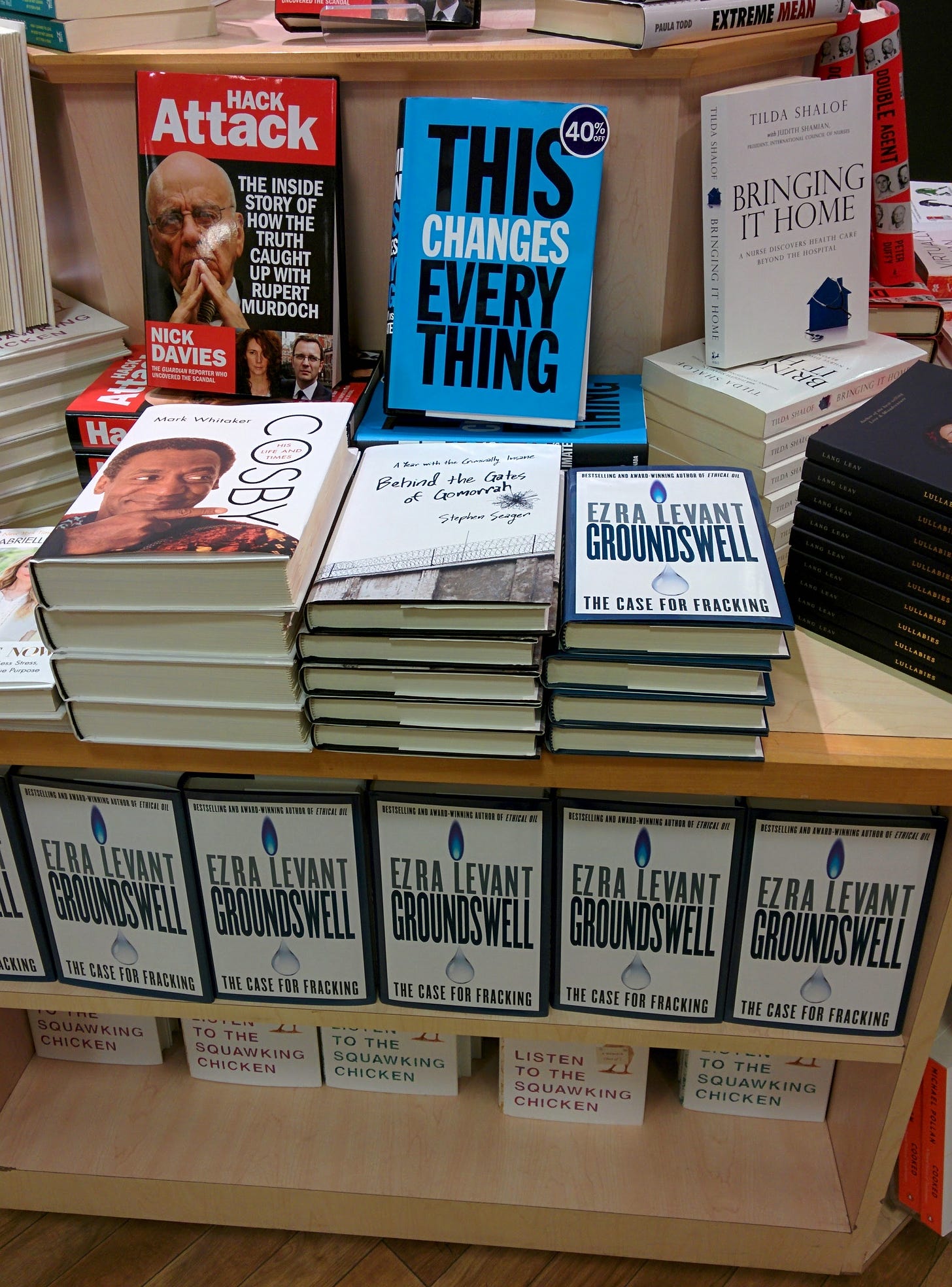One day it was gone. The thread, the post, the video—vanished like it was never there. No explanation, no archive, just absence. And with it, a piece of culture, a fragment of history, erased not by time, but by terms of service.
We used to build monuments out of stone. Now we build memories out of servers. And when those servers go dark, so do our stories.
So much of our culture today exists in a form that is fleeting, fragile, and functionally disposable. We post our art, our jokes, our politics, our grief—all of it—onto platforms we do not own and cannot control. The digital commons is not a public square. It’s a series of rented stages, wrapped in proprietary code, managed by indifferent landlords. And they can pull the plug whenever they want.
This is not just a technical vulnerability. It is a profound shift in how authority is formed and remembered.
Culture is a kind of power, and memory is what makes it stick. But what happens when memory becomes unstable? When the archive is privatized? When the stories we build together can be silently deleted?
Entire movements have vanished this way. Political accounts purged. Hashtag histories scrubbed. Mutual aid networks locked out. The excuse is always the same: “violated our community guidelines.” But what does community mean when the rules are made by corporations and the consequences are irreversible?
We are in a memory crisis, one that is shaping the future of authority. If nothing can be retrieved, then nothing can be trusted. If stories cannot persist, then they cannot shape the present. And if culture cannot endure, it cannot evolve—at least not on its own terms.
We were promised that the internet would never forget. But the truth is, it forgets all the time. Intentionally. Systemically. And often, quite profitably.
The danger is not just loss—it’s revision. When records disappear, new narratives fill the void. When evidence is gone, doubt becomes dominant. When meaning is unstable, manipulation becomes easy.
But there’s another story being written.
Across the digital margins, people are fighting to remember. They’re building archives, sharing files, hosting their own servers. Not for nostalgia, but for survival. Because in a world where memory is a battlefield, archiving becomes an act of resistance. Curation becomes care. Persistence becomes power.
The truth is, our culture has always been precarious. Oral traditions depended on retelling. Stories died when storytellers did. But now we live in a moment where everything can be saved, yet nothing is safe. The abundance of digital creation is matched by an equal abundance of deletion, abandonment, or decay.
And the systems we rely on to mediate our experience are not built to preserve—they are built to engage, to extract, to move on.
So we’re left with a question:
What happens to authority in a culture where memory is broken?
Where history is at the mercy of platform updates, storage costs, or shareholder value?
The answer is already unfolding. Authority is becoming less about what you say, and more about what survives. It’s less about who speaks, and more about who saves. It’s not just about being seen—it’s about being remembered.
If we want a future of authority that we can trust, we will need to build it ourselves. We will need to reclaim the means of memory. We will need to stop building culture on borrowed ground.
Because the stories we lose shape the stories we tell.
And right now, too much is being forgotten on purpose.







Yes, yes, and more yes. I have built an entire series, a Primer if you will, sent to is from our FUTURE advising on how we can stop this attrition into the kind of Digital Dark Age no one originally saw coming. They used to worry we wouldn’t be able to access archives because the software went extinct or had no longer updated. But no one worried the data oneself would be the problem, or that the flood of counter data would obliterate its search-ability.
Welcome to the Order of Root Keepers, my friend. You are a future Chronicler.
We need more of this, spread wide. We need to learn quickly the meaning of holding onto our own archives, create mnemonic keys, save our substance as a race outside the digisphere.
The fight to illuminate a generation hooked on their phones while activating our own is a giant’s task. Yet if we can reach one at a time… we save quite a lot. If we train many? We have Hope.
I hope you will be so kind as to review some of my work on this exact subject, a series of how to navigate this, how to see the signs, not seen enough—yet.